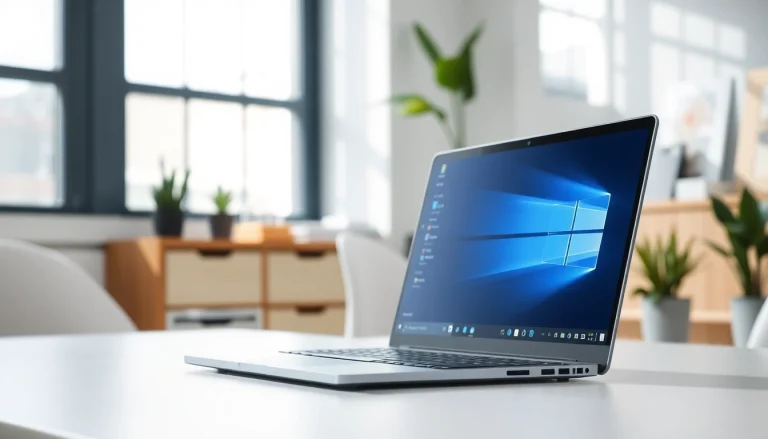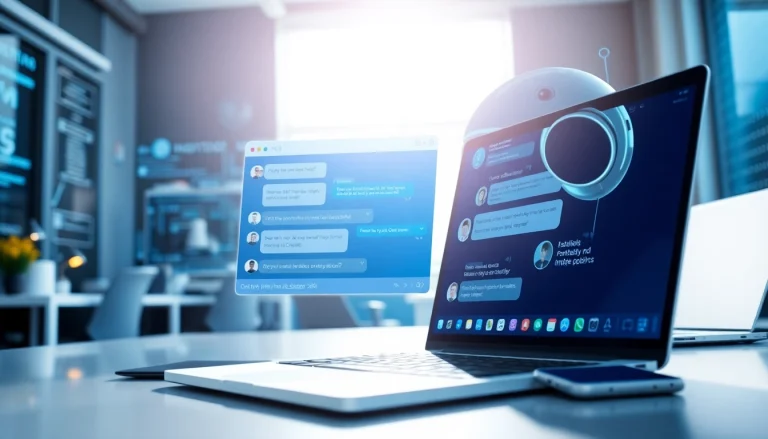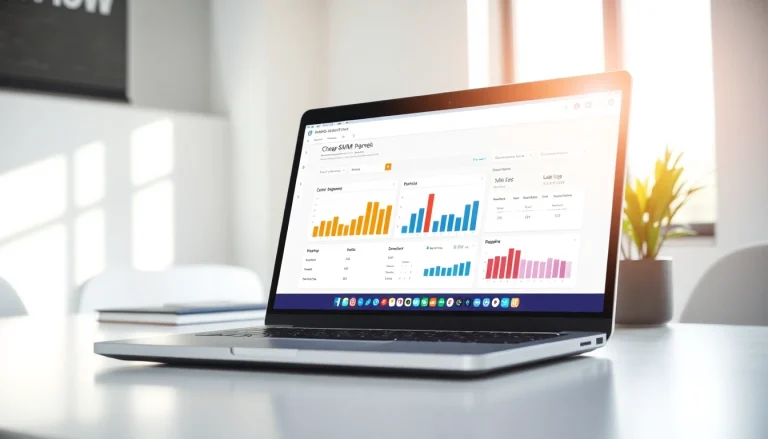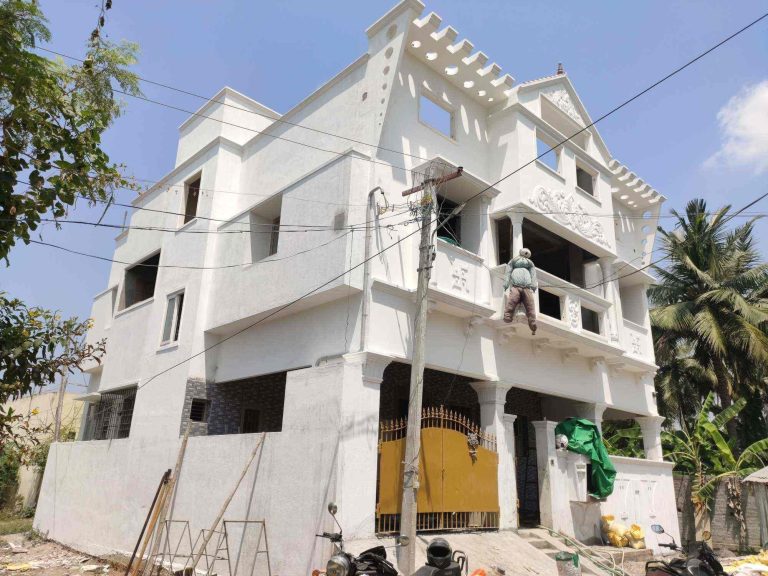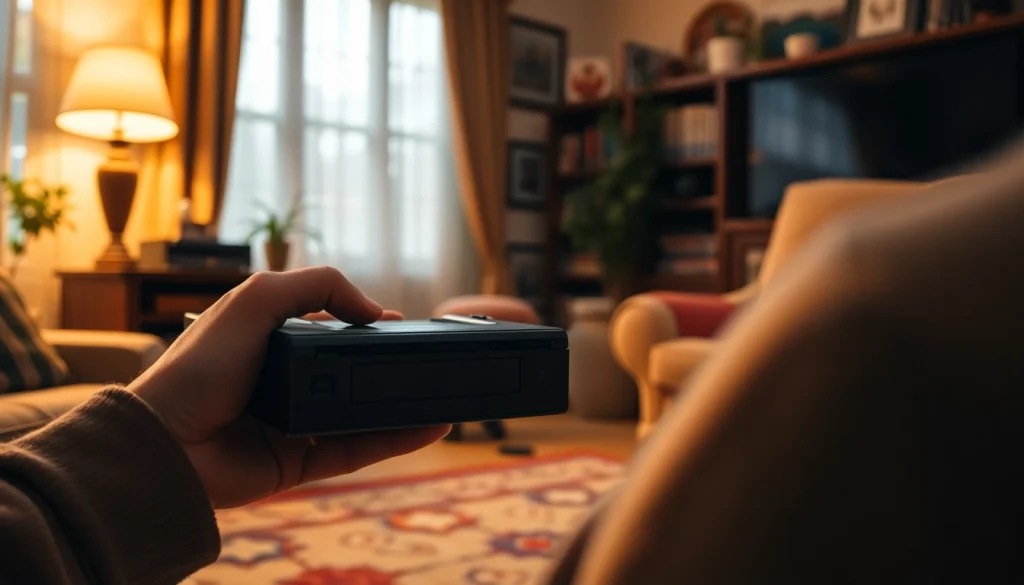
Understanding the Need for VHS to Digital Conversion
Why Digitize Your VHS Tapes?
The transition from analog to digital is a significant milestone in media consumption, and for many, the memories encapsulated in VHS tapes are a treasure worth preserving. Over the years, VHS tapes have been a common medium for recording family moments, celebrations, and special events. However, aging tapes and obsolete technology threaten the preservation of these captures. By opting for VHS to Digital conversion, you ensure that these memories are accessible for generations to come. Digital formats are not only more durable but easier to manage, making it practical to back up, edit, and share.
Benefits of Converting VHS to Digital
Converting VHS tapes to digital formats comes with an array of benefits:
- Durability: Digital files do not degrade over time as physical tapes do.
- Accessibility: Digitized videos can be easily accessed on various devices, including smartphones, tablets, and computers.
- Editing Capabilities: Digital files can be edited, allowing for enhancement or the creation of highlight reels.
- Backup Options: Digital formats allow for effortless backups to multiple storage locations, reducing the risk of loss.
- Space-Saving: Digital storage requires far less physical space, eliminating clutter associated with tape storage.
Potential Risks of Not Digitizing
Failing to convert VHS tapes can lead to significant risks, including:
- Degradation of Quality: Over time, VHS tapes lose their quality, resulting in diminished audio-video fidelity.
- Obsolescence of Technology: As technology evolves, finding machines to play VHS tapes becomes increasingly difficult.
- Loss of Memories: Sudden accidents or disasters can destroy tapes that have not been digitized, leading to permanent loss of irreplaceable memories.
Different Methods for VHS to Digital Conversion
DIY Options: Tools You Need
If you’re tech-savvy and enjoy working with equipment, a DIY VHS to digital conversion can be a rewarding project. Here’s an overview of the tools required:
- VCR or VHS Camcorder: The primary device to play your original VHS tapes.
- Video Capture Device: USB devices like EasyCap or Diamond VC500 can connect your VCR to a computer; these devices often come with software to handle the digitization.
- Editing Software: Software such as Adobe Premiere Pro or more basic options like iMovie can help edit your digitized videos.
Pro Tip: For the best quality, ensure your VCR is in good working condition, as the degradation of playback machinery will affect the resulting digital quality.
Professional Services: When to Consider
While DIY methods can be effective, professional services are available for those who prefer a hassle-free option. Examples of professional conversion services include:
- Legacybox: Offers streamlined service with the convenience of shipping your tapes for conversion.
- Kodak Digitizing: Allows you to ship tapes in secure packaging for professional conversion.
Professional services are beneficial for individuals with large collections of tapes or for those who desire high-quality results without the technical hassle.
Software Solutions for Home Users
Various software solutions enable VHS to digital conversion. Popular options include:
- Elgato Video Capture: User-friendly software tailored for converting analog video to digital.
- Camtasia: Allows not only video conversion but also screen recording and video editing.
Each software package will vary in functionalities and price, so it’s essential to explore features to find the best fit for your needs.
Choosing the Right VHS to Digital Converter
Key Features to Look For
When selecting a VHS to digital converter, consider the following key features:
- Input Compatibility: Ensure the converter can handle your tape formats: VHS, S-VHS, and others.
- Output Quality: Look for converters that offer high-definition outputs for the best quality.
- Ease of Use: User-friendly interfaces and simple setup processes make for a better user experience.
Top Rated VHS to Digital Converters
Several products stand out in the market for their performance and reliability:
- ClearClick Video to Digital Converter: A popular choice offering ease of use and good quality transfers.
- Diamond VC500: This device is highly recommended for its versatility, catering to multiple formats.
Customer reviews often highlight the performance and quality of video outputs, which can assist in making an informed decision.
Budget-Friendly Options for Everyone
If you’re on a budget, affordable options are available. Consider:
- EasyCap USB Video Capture: A low-cost alternative popular for basic conversions.
- RCA Digital Converter Box: This budget-friendly tool can be a simple solution for individuals looking to digitize their VHS tapes without breaking the bank.
Investing wisely can lead to satisfying results without the necessity of spending excessively on high-end products.
Step-by-Step Guide to Converting VHS to Digital
Preparing Your Equipment
Proper preparation ensures a seamless conversion process. Follow these steps:
- Gather all necessary equipment, including your VCR, capture device, and computer.
- Check that your VCR functions well, clean it if necessary, as grime can lead to playback issues.
- Install the required software on your computer before connecting the capture device.
Executing the Conversion Process
Once prepared, the actual conversion can be executed as follows:
- Connect the VCR to the USB capture device using RCA cables.
- Open the video capture software on your computer, select the appropriate input source, and ensure the VCR is on.
- Begin playback of the VHS tape and start the capture software to record.
- Monitor the process to ensure everything is functioning correctly, and stop recording when finished.
Saving and Archiving Your Digital Files
Once your files are captured, it’s essential to save and archive them correctly:
- Choose a suitable file format—common options include MP4, AVI, or MOV for wide compatibility.
- Store files on external hard drives or cloud storage to protect against data loss.
- Backup your files regularly and consider creating multiple copies in different locations.
Common FAQs About VHS to Digital Conversion
How Long Does the Process Take?
The duration of the VHS to digital conversion process can vary based on multiple factors, including the length of the tapes and the method chosen. On average, a typical VHS tape takes about 2 hours of real-time to convert; thus, a full-length movie requires approximately the same amount of time for digitization.
Can I Convert My Old Tapes with Poor Quality?
Yes, poor-quality tapes can still be converted; however, the effectiveness depends on numerous factors. It’s crucial to employ a high-quality VCR and possibly seek professional help if the tapes exhibit significant degradation. You might not achieve perfect outputs, but the results can still enhance viewing experiences compared to original versions.
What Are the Best Formats for Digital Files?
When saving digital files, consider using widely supported formats like:
- MP4: Highly recommended for its compatibility with most devices and platforms.
- AVI: Provides high quality but larger file sizes; suitable for editing and archiving.
Choosing the right format ensures longevity and accessibility for your digitized memories.
